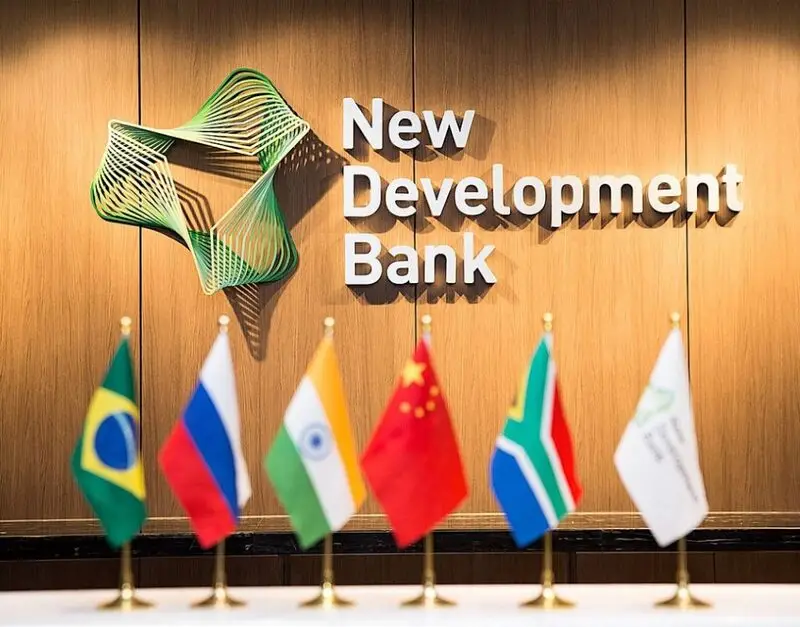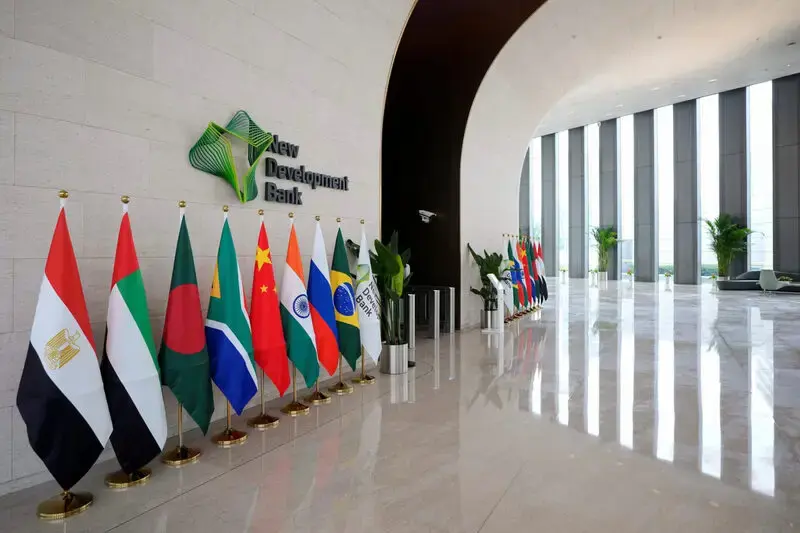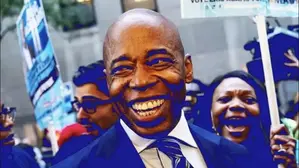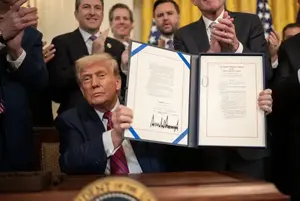Dilma Rousseff, the President of the New Development Bank (NDB), announced that BRICS will fund climate finance in local currencies. She explained that the bloc is focusing on environmental protection and social development. The alliance is ready to promote innovation in the field of climate and environmental development.
During a speech at the COP30 in Brazil’s Belém, Rousseff remarked that the BRICS bank pledges to finance climate actions in local currencies. The conference “reminds us, forcefully, that protecting nature and promoting human well-being are inseparable tasks,” she said.
She added that the NDB’s usage of local currencies to finance climate-related activities helps in cutting exchange rates. “Financing denominated in local currencies helps mitigate exchange-rate risks,” making credit more accessible for developing countries.
The BRICS NDB bank is “ready to act as a multilateral partner – expanding climate financing, promoting the spread of green technologies, offering solutions in local currencies, and mobilizing the investments and capacities needed for infrastructure aligned with the Paris Agreement criteria,” she added.
Also Read: France Signs Biggest BRICS Deal With China in Historic Shift
BRICS Bank Pledges Climate Finance in Local Currencies

The NDB is pushing local currencies ahead for several initiatives, and climate finance has recently joined the list. “Climate change waits for no one and respects no borders,” Rousseff declared. The alliance spoke extensively on climate change at the July 2025 summit in Rio de Janeiro.
NDB has promoted an extensive list of financing and loans, making the BRICS bank advance local currencies. Rousseff stressed that “geopolitical conflicts, wars, protectionism, and financial instability” led the alliance to commit to its own interests.
Also Read: IMF Chart Shows Major 21st Century Shift: BRICS Surpassing G7
She hit back at the US and the West for dictating the terms of economic survival to developing countries. “Some still seem to believe that the law of the strongest should prevail,” she exclaimed. Therefore, the NDB is expanding climate financing in local currencies.






